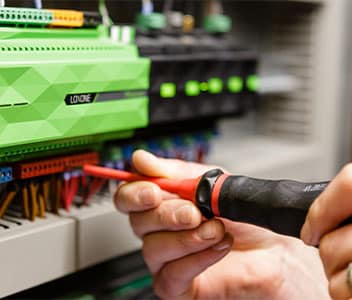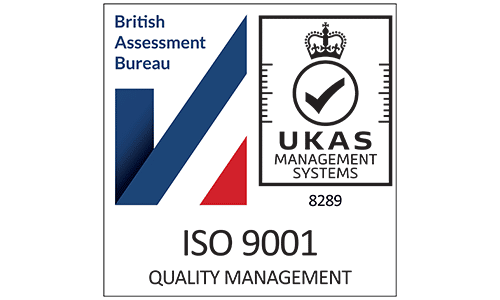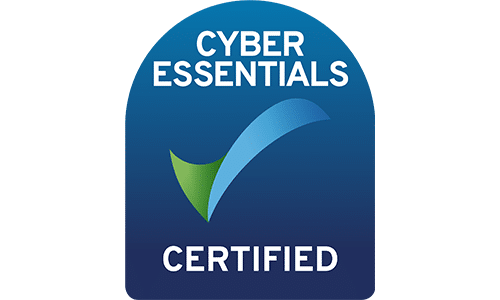Lithium-ion batteries are widely used in many electronic devices today, from our smartphones to laptops, and more recently for e-bikes and electric scooters.
They are known for their efficiency and long-lasting power supply. While they may be convenient, they also come with risks that shouldn’t be ignored.
In recent years, various incidents of lithium-ion batteries exploding or catching fire have been reported.
This blog aims to provide some background on lithium-ion batteries, the dangers they pose, and how to minimise the risks.
How do Lithium Batteries work
Lithium-ion batteries utilise the chemical reaction between lithium compounds and carbon electrodes to store electrical energy.
This happens when lithium ions move from the negative electrode, through the electrolyte, to the positive electrode during charging – and the opposite during discharge.
While they’re generally stable, a malfunction, damage or misuse of the battery can cause a hazardous chain reaction.
Dangers with electric bikes and scooters
Electric bikes and scooters are becoming increasingly popular due to their eco-friendly nature and convenience.
However, many people may not realise just how much energy can be stored in a fully charged e-bike battery.
In fact, such a battery can release the same amount of energy as 6 hand grenades filled with TNT.
As with any technology, there are potential risks that come with its use. One such risk is the failure of electric bike batteries, which can result in a dangerous phenomenon known as thermal runaway.
When this occurs, a significant amount of energy is released over an extended period, leading to the possibility of fires and toxic gas emissions.
As such, it’s crucial to take precautions to ensure the safe use of electric bikes and their batteries. This includes proper maintenance of the bike and its components, as well as following charging guidelines provided by the manufacturer.
This article by Electrical Safety First is informative and helpful to read https://www.electricalsafetyfirst.org.uk/battery-breakdown/
Reasons a Lithium Battery Can Fail
1. Overheating: If the battery becomes too hot, the electrolyte might start to heat up and expand. This could cause the battery to rupture or explode, releasing flammable gas.
2. Overcharging: Overcharging can cause overheating by charging the battery beyond its capacity. Hence, it’s recommended to unplug it once it’s fully charged.
3. Physical damage: A puncture, cutting, or crushing the battery can cause a short circuit that might result in a fire or explosion.
4. Age: Over time, lithium-ion batteries lose their capacity, which can cause internal damage such as swelling or cracking of the battery. This could lead to leakage, overheating or explosion.
In addition to the above, using knock-off or counterfeited chargers that aren’t suitable for your device can harm the battery as well. Therefore, it’s crucial to ensure that you are using the manufacturer’s recommended charging equipment.
How to Protect from Lithium Fires
As some of the potential hazards have been noted, we need to take charge of our safety and that of those around us. Here’s how:
1. Battery tests: It’s important to evaluate your battery’s health often by checking for signs of damage. If it’s swollen, discoloured, or there’s discharge coming from it, it’s time to replace it.
2. Storage: Never store lithium-ion batteries in hot or exposed areas; place them in cool, dry places with low humidity, far from potential flammable materials.
3. Handling: When purchasing a new battery, ensure it’s handled carefully, and always adhere to the manufacturer’s instructions.
Conclusion
While the risks of lithium-ion batteries may seem daunting, we can minimise them by following the recommended usage and handling techniques.
Being more aware of our batteries’ health condition and how we handle them reinforces our safety.
If you’re unsure of your battery’s condition or have any concerns, it’s always best to consult a professional.
Staying informed and taking reasonable precautions are critical in ensuring we safely enjoy the convenience of digital devices.














